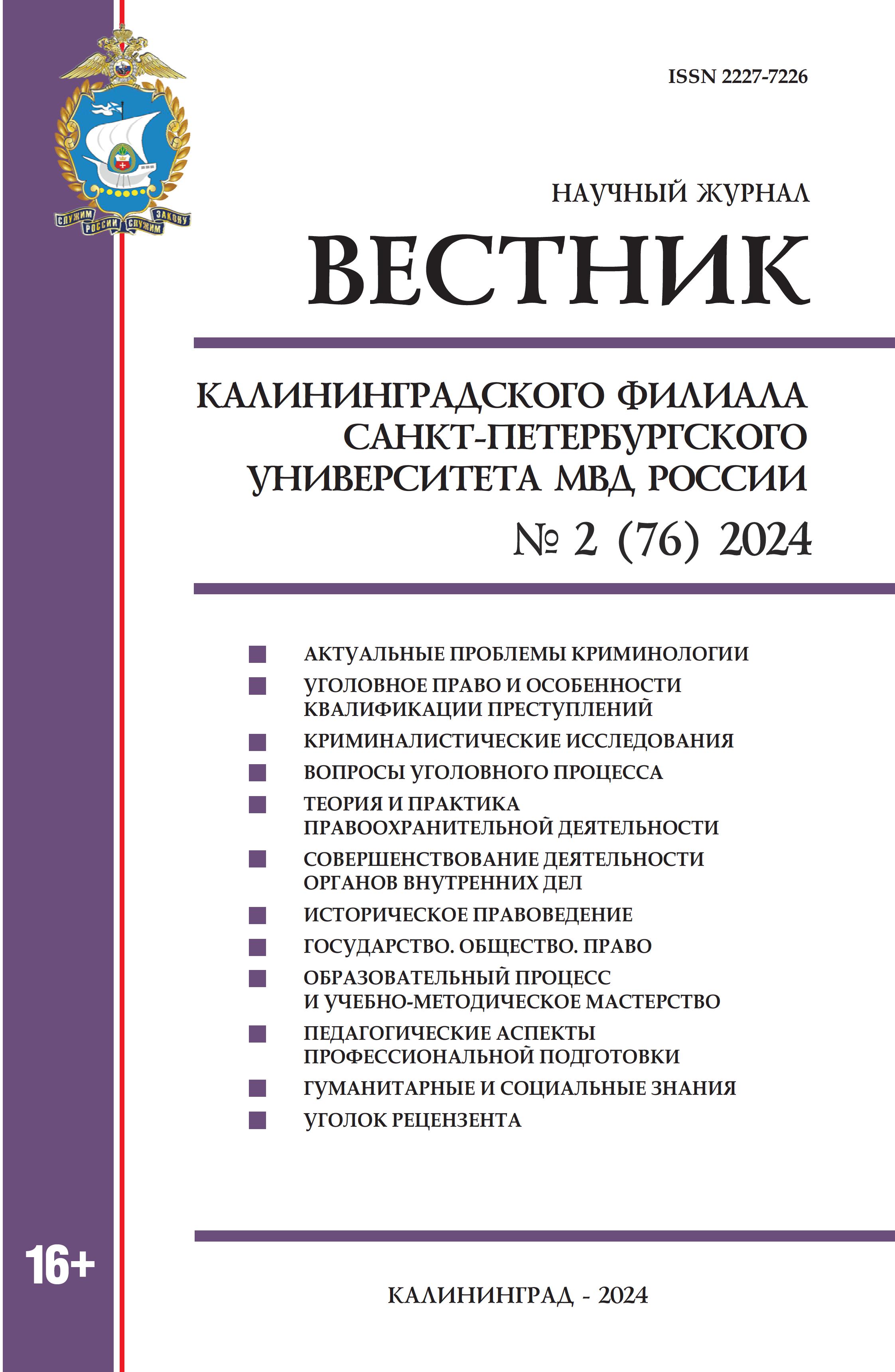Russian Federation
Introduction. The involvement of minors in criminal and other antisocial activities is a serious problem of national importance. Criminals take advantage of the characteristics of the unformed personality of adolescents: mental instability, lack of experience, desire for independence, desire to escape from parental care, tendency to conformism, etc. The involvement of minors in committing crimes poses a threat to the state and society, since it forms distorted ideas in the younger generation about acceptable behavior. Subsequently, a child with such ideas, in the absence of corrective work with him, can join the ranks of the criminal community. Neutralizing the causes of criminal behavior and conditions conducive to the involvement of minors in criminal activity is often impossible without conducting operational investigative activities. Methods. During the study, the results of which are presented in the article, the following were used: a dialectical method of understanding the phenomenon (namely, the involvement of minors in committing crimes and other antisocial actions); analysis and synthesis; systems approach; documentary method. Results. When carrying out operational investigative measures against a minor involved in committing a crime or other antisocial act by an adult, it is possible to achieve such important results as identifying hidden processes that contribute to criminal activity; obtaining significant information about the crime environment and the situation in the territory served by the internal affairs body; determination of the reasons and conditions that led the teenager to commit a crime.
Operational investigative measures, involvement of minors in criminal activities, constitutional rights and freedoms of minors.







